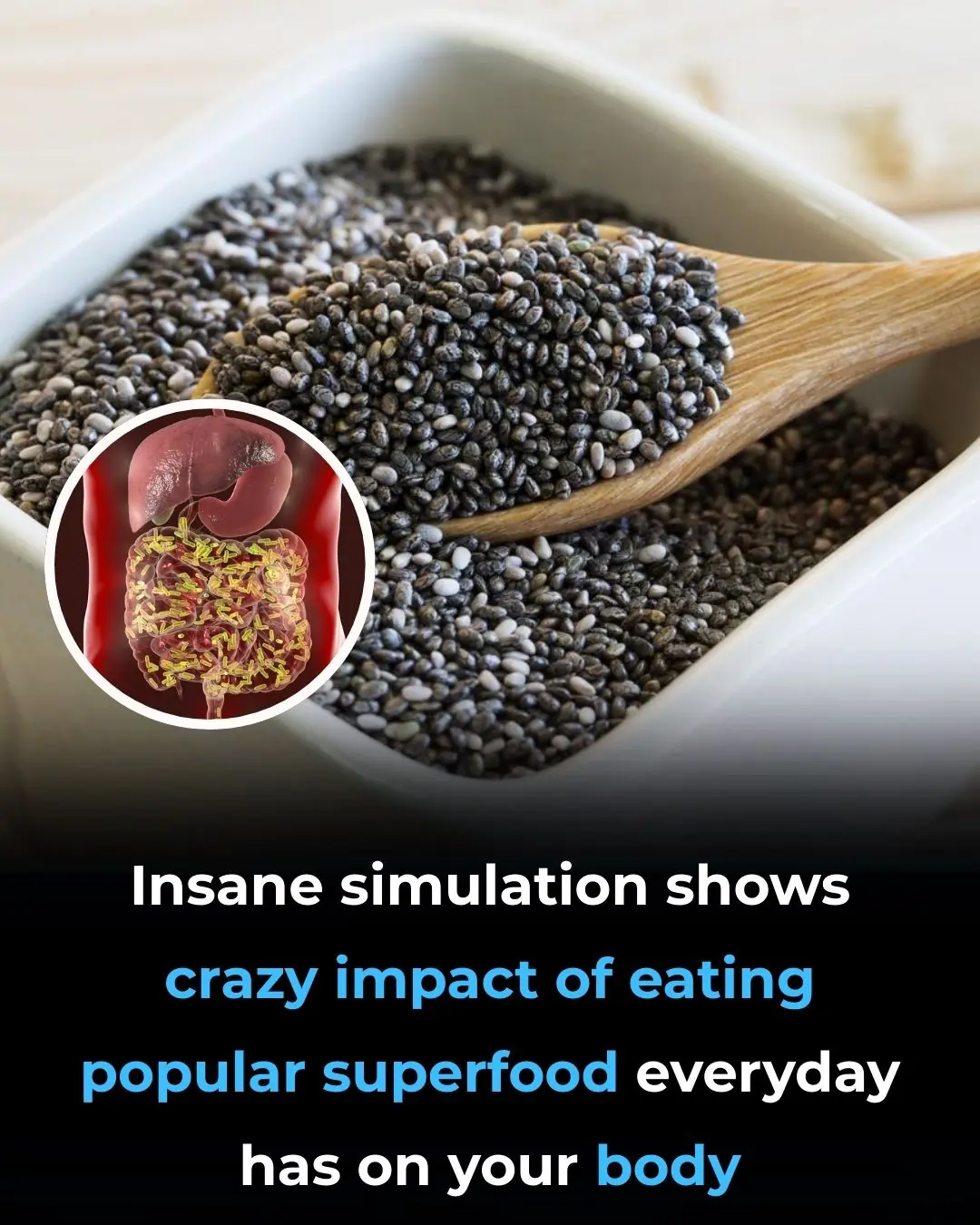
More people are dying from heart failure, doctors warn: give up these 4 habits now
The World Health Organization (WHO), the World Heart Federation, and the American Heart Association estimate that heart failure (HF) is a global pandemic affecting at least 26 million people worldwide, and its prevalence is rapidly increasing, according to a study published in Science Direct.
Heart failure doesn’t mean the heart is no longer working but that it isn’t pumping as it should, and the body relies on it to pump oxygenated, nutrient-rich blood to its cells. When the heart loses strength and can’t deliver enough blood, it leads to fatigue, shortness of breath, and sometimes a chronic cough. Over time, even routine activities such as walking, climbing stairs, and carrying bags become increasingly difficult.
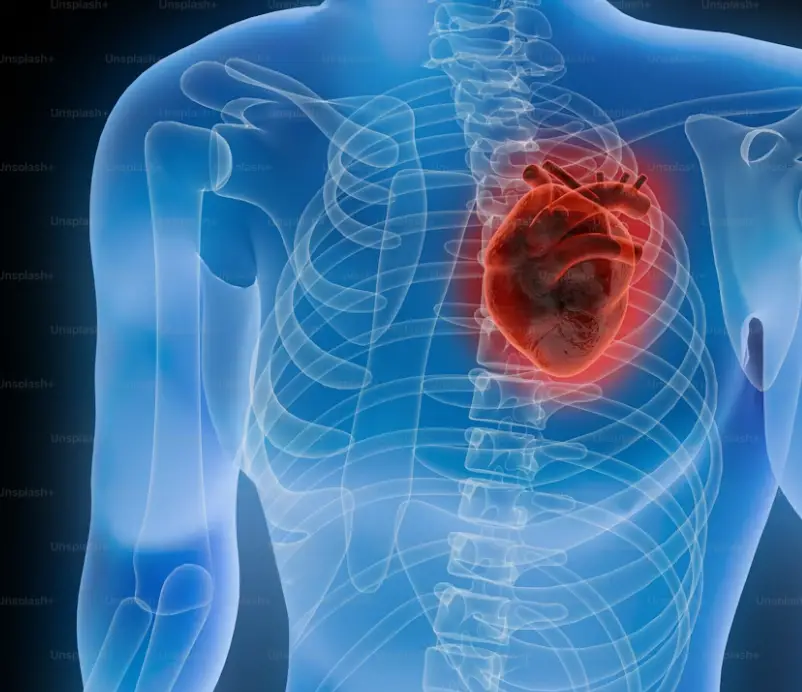
While heart failure, HF, is a lifelong condition, you may have HF remission with treatment and healthy lifestyle changes.
In fact, doctors warn of four habits that can be linked to heart failure, advising to break them for the sake of a healthy heart and overall well-being.
1. Excessive Salt Intake
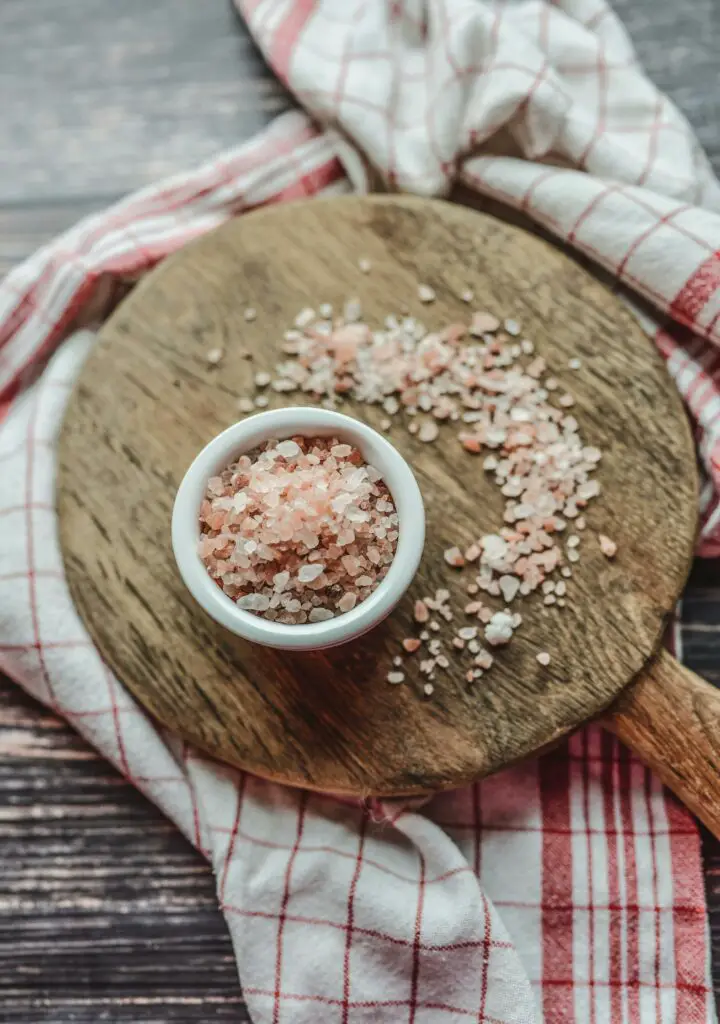
A study published by AHA/ASA Journal, “Dietary sodium restriction is arguably the most frequent self-care behavior recommended to patients with heart failure (HF), and is endorsed by all HF guidelines.”
Excessive sodium intake is associated with fluid retention, which can lead to increased blood pressure. Over time, high blood pressure weakens the heart and increases the strain on it, eventually leading to heart failure.
“In 2005, the American College of Cardiology and the American Heart Association HF guidelines recommended 3000 to 4000 mg daily sodium intake, and, for patients with volume overload, restriction to 2000 mg/d. This recommendation was subsequently updated to moderate sodium restriction. The Heart Failure Society of America recommends 2000 to 3000 mg daily sodium intake and <2000 mg for patients with moderate to severe HF symptoms.”
How to avoid this habit: Limit processed and salty foods like canned soups and packaged snacks. Instead, opt for home cooked meals with fresh ingredients, adding flavor with herbs and spices instead of salt. Also, check food labels for hidden sodium.
2. Sedentary Lifestyle

Sitting too much has become part of modern life, but it puts the heart at risk.
Most of us spend great part of the day sitting at desks, on the couch, or in cars, probably not being aware that this for of lifestyle increases the risk of heart disease and heart failure. On the other hand, regular exercise boosts circulation, keeps weight in check, and helps lower blood pressure.
How to avoid this habit: Try to get at least 150 minutes of moderate exercise or 75 minutes of intensive activity each week. Break up long sitting periods by standing, stretching, and walking. Low-impact options like walking, cycling, swimming, or dancing are great for your heart and easy on the joints.
3. Smoking and Excessive Alcohol Consumption

Alcohol and smoking may worsen the condition of heart failure, so it is crucial that people with heart failure reduce their alcohol intake and quit smoking.
Smoking affects blood vessels, increases blood pressure, and reduces the amount of oxygen delivered to the heart. In the same manner, excessive alcohol consumption weakens the heart muscle and increases the risk of heart failure. The sad reality is that many people fail to realize the long-term damage these habits do to the heart and the overall health.
How to avoid this habit: If you are a smoker, try to quit. And of course, if you find this difficult, which is likely you do, then seek support. The same goes for the alcohol. Reduce the intake to moderate levels (one drink per day for women, two for men), and if you have trouble cutting back on alcohol, consider seeking professional help or support groups.
4. Chronic Stress and Poor Sleep

Chronic stress and poor sleep can take a serious toll on your heart health. Ongoing stress raises cortisol levels, which can increase blood pressure and strain the heart. At the same time, not getting enough sleep prevents the body from repairing cells and disrupts metabolism, raising the risk of obesity, diabetes, high blood pressure, and ultimately heart failure.
How to avoid this habit: Practice stress-management habits like deep breathing, meditation, or mindfulness on a daily basis. Try to get 7 to 9 hours of sleep during the night and keep your bedtime routine calm, screen-free, and comfortable.
News in the same category


Discovery Warrants Critical Rethink of Phantom Limb Pain Treatment

Can UV Light Reduce Infections in Long-Term Facilities?
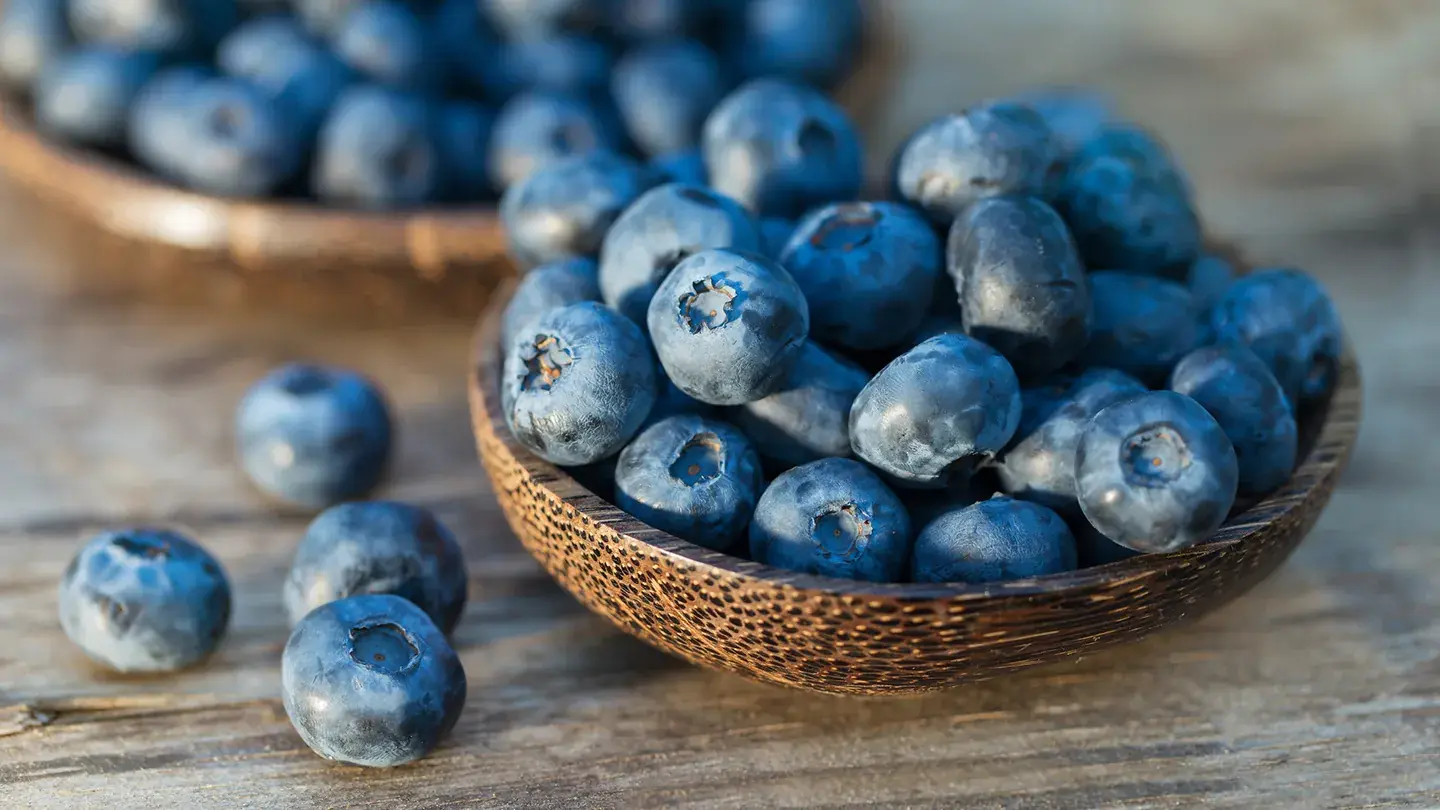
10 Ordinary Fruits With Amazing Health Benefits
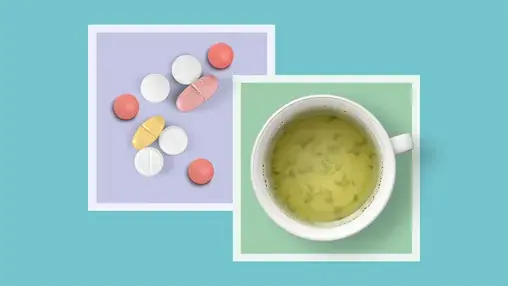
9 Medications That Can Negatively Interact With Green Tea

How to Get Rid of Lizards: Effective Natural Ways that Really Work

How to Keep Snakes Away: Effective Snake Repellents

Healthy Man Shares the Unexpected Bathroom Symptom That Exposed His Bowel Cancer
When 38-year-old Dave Paxton noticed his stool had turned darker than usual, he had no idea this small sign would lead to a devastating cancer diagnosis—one so rare that only 22 people in the world have ever had it.

Eat Sweet Potatoes Daily and See These 7 Sh0cking Changes On Your Body
Sweet potatoes contain resistant starch, a special carbohydrate that bypasses digestion in the small intestine. Instead, it ferments in the large intestine, promoting the release of hormones that signal satiety to the brain. T

Surprising Health Benefits of Chicken Feet That Will Change the Way You Eat
Chicken feet may not look glamorous, but their nutritional profile proves they deserve a place at your table.

10 Early Signs of Pancreatic Cancer

5-Year-Old Loses Battle With Cancer — Doctors Reveal 5 Foods Parents Must Never Give Their Children

Surgeons Have Achieved The First-Ever Robotic Heart Transplant Without Any Chest Cuts

If Your Legs Cramp at Night You Need to Know This Immediately

All The Things You Need to Know About Nighttime Urination And When To Start Worrying

Doctor Says You Should Stop Peeling Off Those Banana Strings

Don’t Sleep With Your Pets: Doctors Reveal The Reason Why
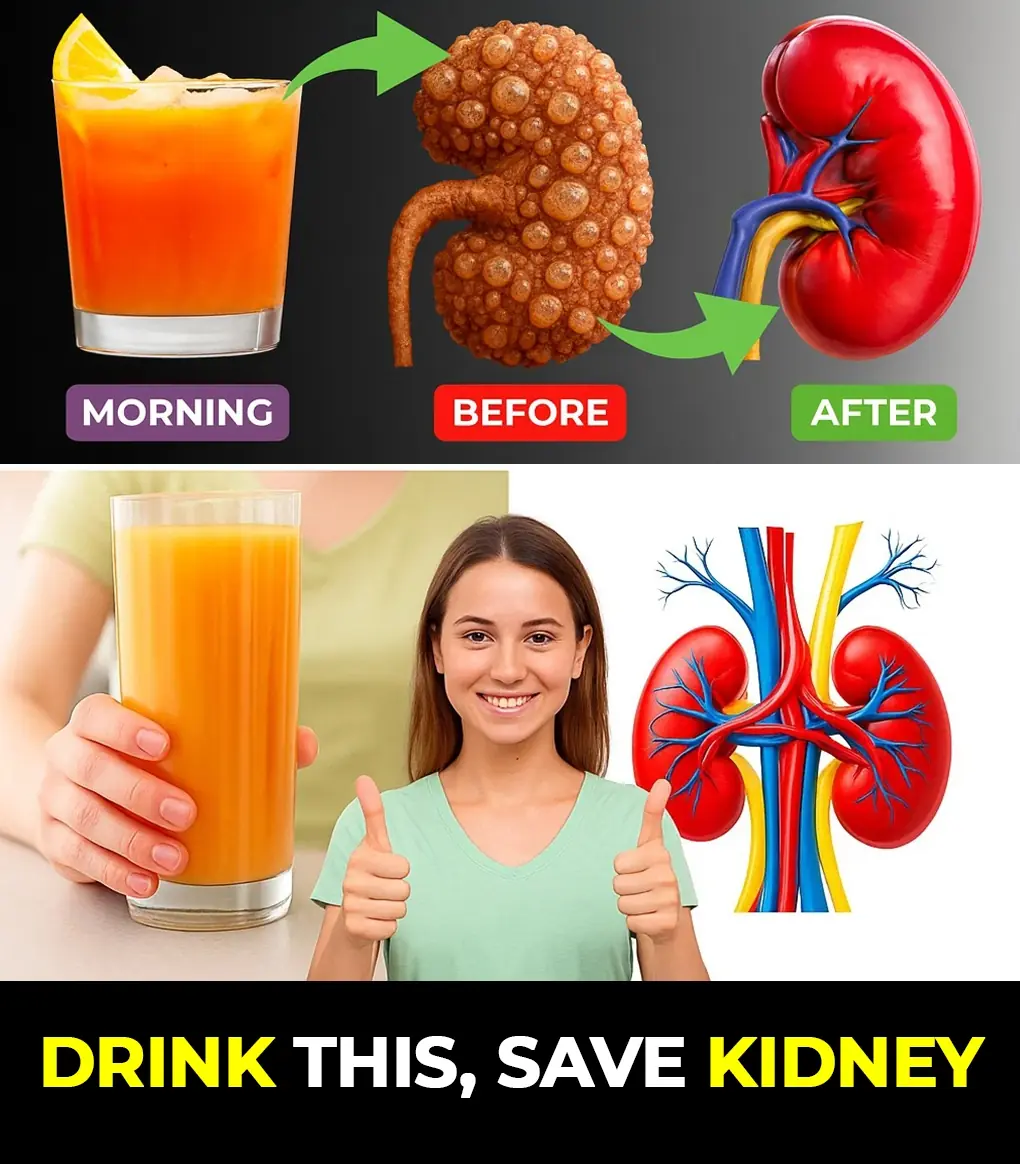
Morning Drinks That Supercharge Your Kidneys: 5 Natural Remedies Backed by Science
Your kidneys quietly work around the clock to filter waste, balance fluids, and regulate blood pressure—yet most people neglect them until problems arise. Starting your morning with simple, kidney-friendly drinks can protect these vital organs and set t

7 Alarming Signs of Nasopharyngeal Cancer You Should Never Ignore
Nasopharyngeal cancer often hides behind symptoms that look like common colds or allergies. Recognizing these early warning signs can make all the difference in timely treatment and recovery.
News Post

Woman employed by popular mobile network sues company after being 'forced' to do nothing for 20 years

Insane simulation shows crazy impact of eating popular superfood everyday has on your body

Discovery Warrants Critical Rethink of Phantom Limb Pain Treatment

Can UV Light Reduce Infections in Long-Term Facilities?

Secret tip: How to clean glossy tiles at home without spending a penny

If your air fryer is rusty: Just do this and the rust will be easily cleaned

The surprising benefits of coffee grounds, if you have them at home, never throw them away

Eating sweet potatoes in the morning: A small habit, but you'll be amazed by the huge benefits it brings.
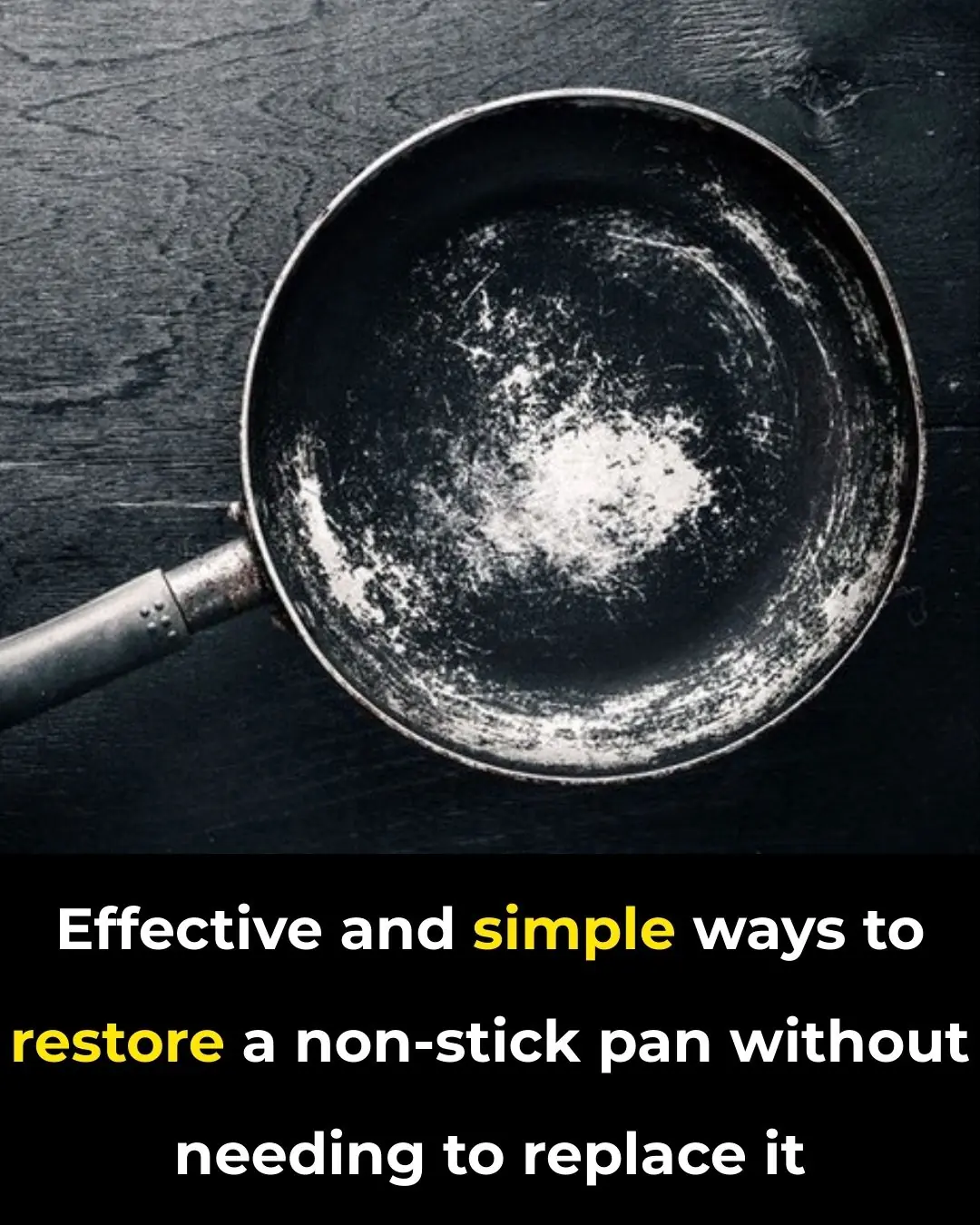
Effective and simple ways to restore a non-stick pan without needing to replace it

When the water pipe is completely clogged, just pour this down and it will be solved easily, no need to waste money calling a plumber.

Do you need to unplug the rice cooker after the rice is cooked? The answer is surprising.

Why Soaking Vegetables in Saltwater Is Outdated

10 Ordinary Fruits With Amazing Health Benefits

9 Medications That Can Negatively Interact With Green Tea

How to Get Rid of Lizards: Effective Natural Ways that Really Work

How to Keep Snakes Away: Effective Snake Repellents

This School Is Teaching Teen Girls Important Life Skills Like Changing Tires and Other Car Maintenance

Indiana Woman Arrested After Traveling To DC To Kidnap And Assassinate Trump

Healthy Man Shares the Unexpected Bathroom Symptom That Exposed His Bowel Cancer
When 38-year-old Dave Paxton noticed his stool had turned darker than usual, he had no idea this small sign would lead to a devastating cancer diagnosis—one so rare that only 22 people in the world have ever had it.